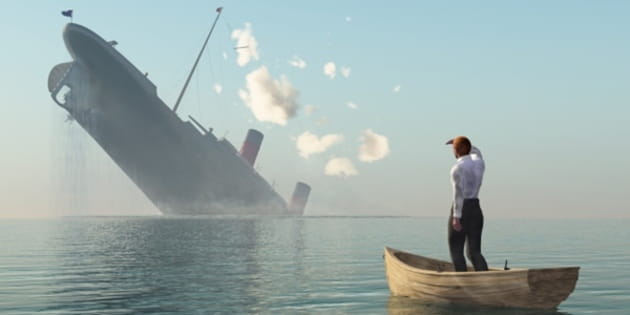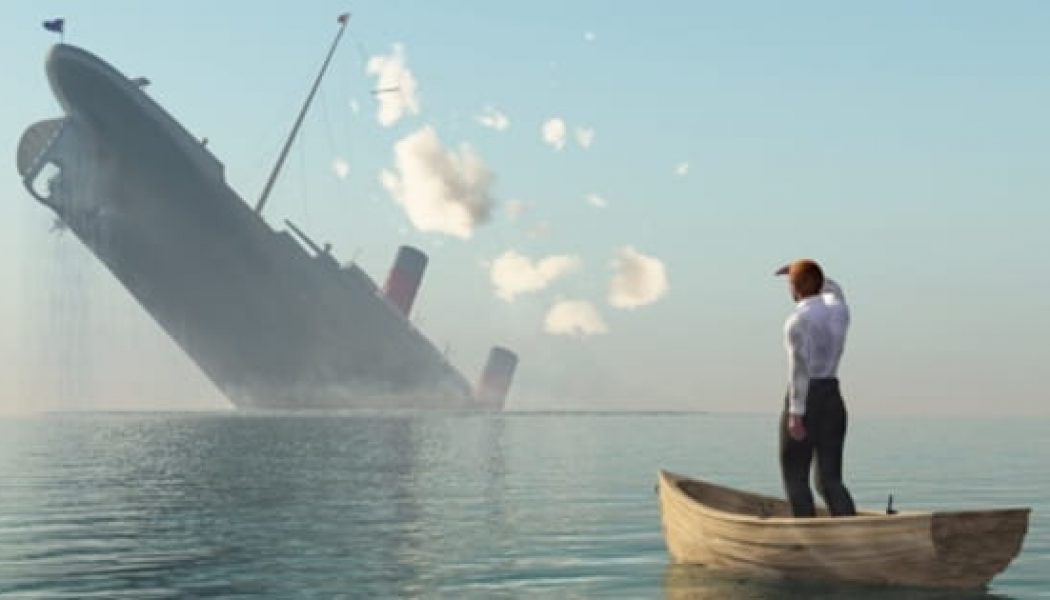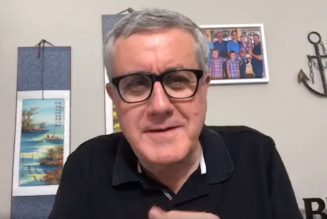
What happens to a dream deferred?
Does it dry up like a raisin in the sun?
Or fester like a sore—and then run?
Does it stink like rotten meat?
Or crust and sugar over—like a syrupy sweet?
Maybe it just sags like a heavy load.
Or does it explode?
~ Langston Hughes, “A Dream Deferred”
Many answers to Langston Hughes’s questions came during the Civil Rights movement. When a dream was deferred there were protest marches on one hand, and the Blank Panther Party on the other. For some it meant sit-ins at lunch counters; for others it meant starting riots in Watts. The delayed dream of equally accessible educational, social, occupational, and economic opportunities shriveled up for many in the post Jim-Crow generation of African Americans. However, for some it exploded.
No one likes coming to the edge of a new day only to have someone put up a sign that says, “Don’t call us; we’ll call you.” When struggles have been insurmountable and a ray of sunshine finally breaks through, if something steals that sunshine, you can expect the downtrodden to do every desperate, hope-recovering thing – from occupying Wall St. to turning on one’s own fellow soldiers in war.
There is another course the believer can take when earthly expectations go up and down – when your hope shipwrecks. It is a course that goes right through Calvary.
Paul is headed toward Rome. He has death threats behind him in Jerusalem, a trial before Caesar ahead of him, and raging seas between the two cities. After fourteen days out at sea, being blown 470 miles off course, and not seeing the sun or stars for a very long time, many of the passengers on Paul’s ship have lost hope of seeing land again. The travelers probably would have written last notes to their families if there had been any chance the letters would have been found. Something changes, however, in the last episode of their journey: Land is sighted!
So the passengers do what people with a new last hope do—they throw everything into this hope: They cut their anchors and they hoist the mainsail to catch the wind. If another storm wind or current comes, they have no way of slowing or steering the ship. No matter! For,when hope is sighted, we will make eager plans even without full information (Acts 27:39). This is the nature of unredeemed hope: we act immediately on it because there seem to be no other answers.
When one feels hopeless, it is easy to put hope in something new and shiny without any research, prayer, or seeking of wisdom. The default button asks, “Well, what else do you want me to do? Do you want me to keep suffering?”
Acting quickly on the first sign of new hope without getting all information often lies blind unnecessary cosmetic surgery, lost of virginity, committing adultery with an co-worker, or taking stupid peer-pressure dares. “This is my last opportunity for love, or for acceptance,” someone says. Yet it simply is the first sign of a new hope that one can see.
All goes well at sea until the travelers strike a reef—literally “the place of two seas,” or a place where a sandbar built up between two currents (41). The bow of the ship is stuck in such a manner that it cannot be lodged free. The currents behind the ship are so strong that the rear of the storm-battered ship actually is being broken up (41). There is potential for the prisoners to use the ship’s demise as an opportunity to escape.
The soldiers decide that it would be better to say the prisoners were killed than that they escaped. So they intend to kill all of them, because when hope is shipwrecked, we make panic plans to save our hides (27:41-42).
Think about typical panic responses—the “What else am I going to do now?” response:
· Now that my grandkids’ father (or mother) has walked out;
· Now that I spent all my money trying to start this business and I have nothing to show for it;
· Now that I can’t make the team because I am injured;
· Now that my court case is lost;
· Now that my insurance (or unemployment) has run out.
One of the great things about having one’s trust in Jesus is that he has given the Holy Spirit as another Comforter to guide believers and assure them of their true hope. Everything is not the end of the world for us.
Paul finds favor in the sight of his centurion guard. Because of Paul, the centurion saves the whole crew. He stops and thinks long enough to come up with a plan contrary to that of the men under his command. Thus the original hope of getting safely to landis salvaged it is because someone makes rescue plans that focus on the Gospel (27:43-44).
In the narrative Paul represents the Gospel servant. The centurion’s hope might not be in Christ, but his actions do save the one to whom Christ said, “you will preach the Gospel in Rome” in Acts 23:11.
The Gospel and the sovereignty of God are visibly tied together in this passage as in all of Scripture. The Gospel depends upon Joseph going to Egypt so that God can save his family, to which Joseph says, “you meant it for evil, but God meant it for good!” The Gospel depends upon the Jews killing the Holy and Righteous One according to the foreknowledge of God, and then God raising him from the dead (Acts 2:23). The Gospel getting to Rome rests upon God’s faithfulness to his word to Paul, including that not one life will be lost and that only the ship will be destroyed (Acts 27:22). God’s good hand in the lives of those who have trusted Christ provides all the hope one needs when it seems that earthly hopes have been shipwrecked.
Eric C. Redmond is Executive Pastoral Assistant and Bible Professor in Residence at new canaan baptist church in Washington, DC. He blogs at “a man from issachar.”









